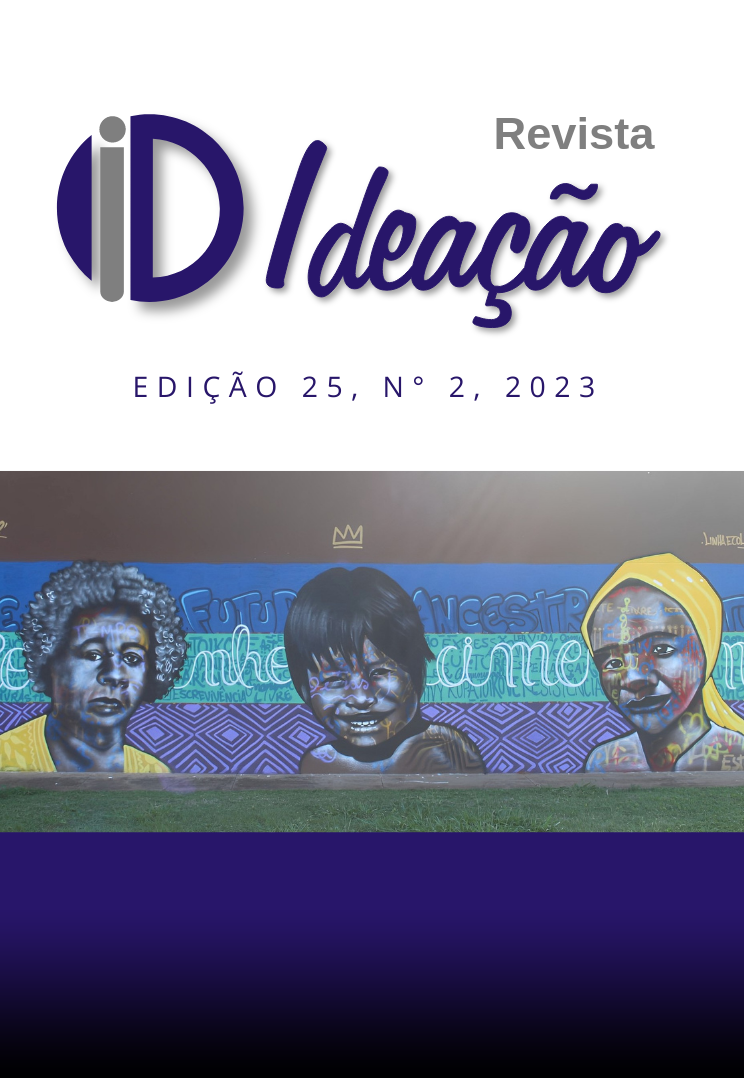Place, perception and interpretation of literary narrative.
DOI:
https://doi.org/10.48075/ri.v25i2.30619Keywords:
Narration, place, literary interpretation, phenomenology of perception, humanist geographyAbstract
This article aims to discuss what is a narrative place from the perspectives of the phenomenology of perception, humanist geography and narratology. For this analytical study, we consider that the readers perceptual experience enables the rise of a certain perspective, since it implies, in the first instance, the constitution of na epistemological and methodological basis for the study of a narrative place. It is the institution and constitution of this place, based on the prior mentioned perspectives, that allows us to develop the theses of locational unfolding, of metonymic and ideological filtering, of intersection and instantaneous connections. Furthermore, this also enables us to highlight the direct and intrinsic interrelationship between the perceptive experience of place and literary decoding as a process that merges, in this case, the (ac)knowledge of the literary code with the (ac)knowledge and spatial skills of the reader.
Downloads
Published
How to Cite
Issue
Section
License
Copyright (c) 2023 Direitos partilhados conforme licença CC BY-NC-SA 4.0

This work is licensed under a Creative Commons Attribution-NonCommercial-ShareAlike 4.0 International License.
Authors who publish in this journal agree with the following terms:
1. Authors maintain copyright and grant the journal the right of first publication, with the work simultaneously licensed under the Creative Commons Attribution License that allows the sharing of the work with recognition of authorship and initial publication in this journal.
2. Authors are authorized to assume additional contracts separately, for non-exclusive distribution of the version of the work published in this journal (e.g., to publish in an institutional repository or as a book chapter), with acknowledgment of authorship and initial publication in this journal.
3. Authors are allowed and encouraged to publish and distribute their work online (e.g., in institutional repositories or as a personal page) at any point before or during the editorial process, as this may generate productive changes, as well as increase the impact and citation of the published work (See The Effect of Free Access).
Creative Commons License
This work is licensed under a Creative Commons Attribution-Noncommercial-ShareAlike 4.0 International License, which permits sharing, copying, distributing, displaying, reproducing, the whole or parts provided it has no commercial purpose and the authors and source are cited.


